Hot topics of 2016
These five trending topics hint at important discoveries to come.


Women who are overweight or obese when pregnant increase their risk of having a child who is later diagnosed with autism by about 30 percent.
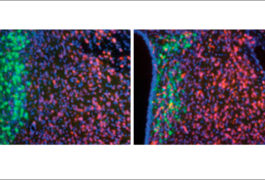
Mice born to obese mothers have irregular microbiomes, brain abnormalities and autism features.
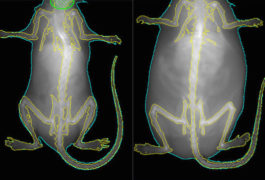
Subsets of neurons lacking a gene called RAI1 contribute to Smith-Magenis syndrome, a rare condition related to autism.

A sweeping study of military health records reveals that children who take drugs to ease autism features are at risk for obesity-related conditions.

Metformin can reverse weight gain in children with autism who take antipsychotic medications.
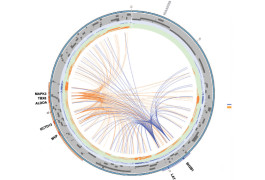
Too many or too few copies of a segment of chromosome 16 alters the three-dimensional organization of DNA, and affects hundreds of related genes.
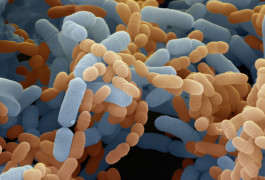
A single species of bacteria reverses autism-like features in mice exposed to a high-fat diet in utero — but researchers question the findings’ relevance to people.
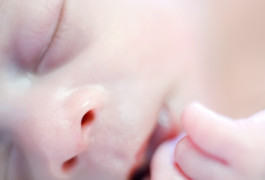
Autism is four times more prevalent among extremely premature babies than in the general population.
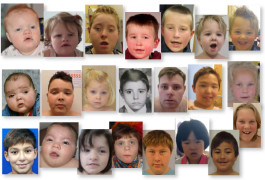
Mutations in a gene called POGZ lead to a constellation of traits, including a small head, developmental delay and, often, autism.